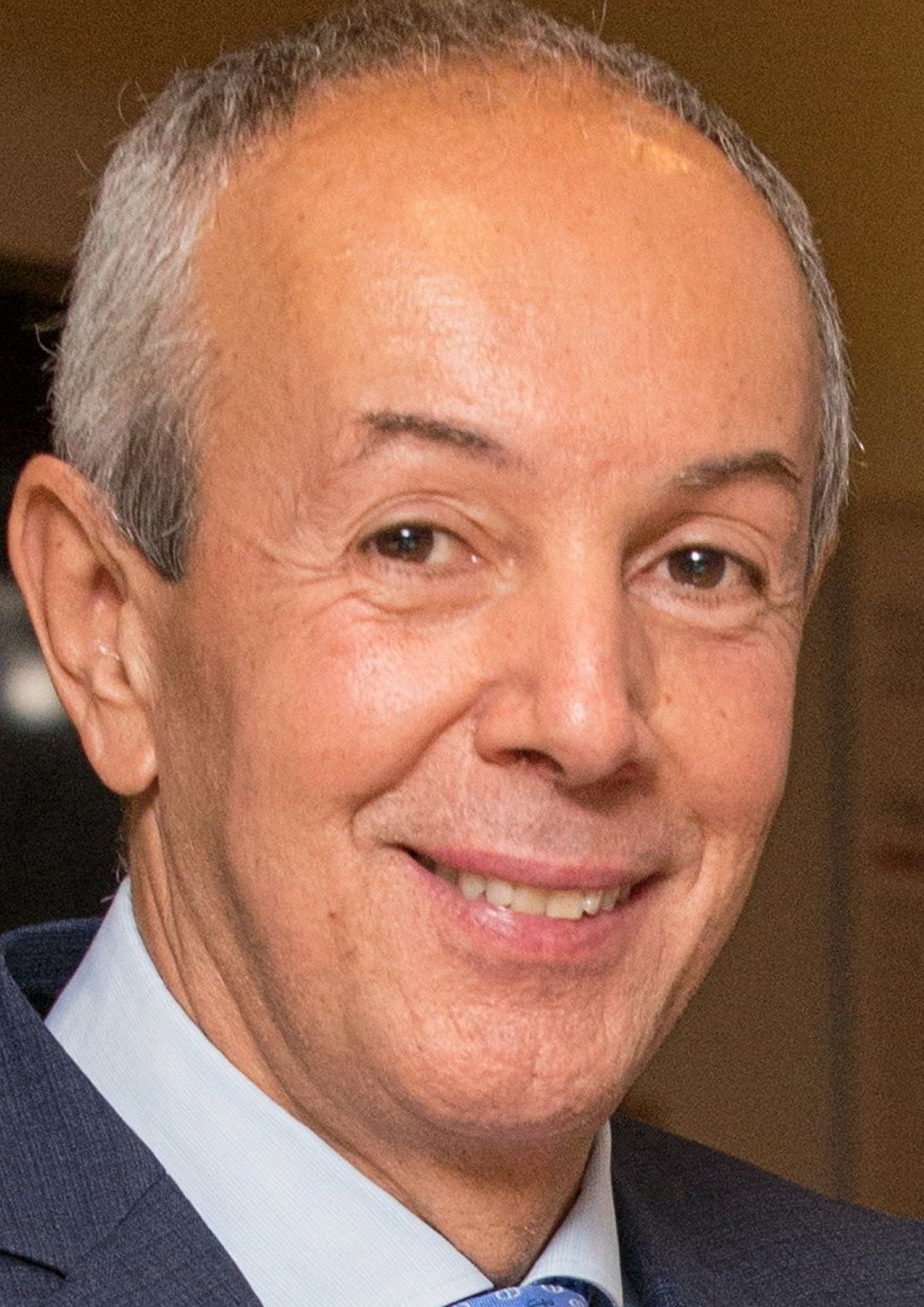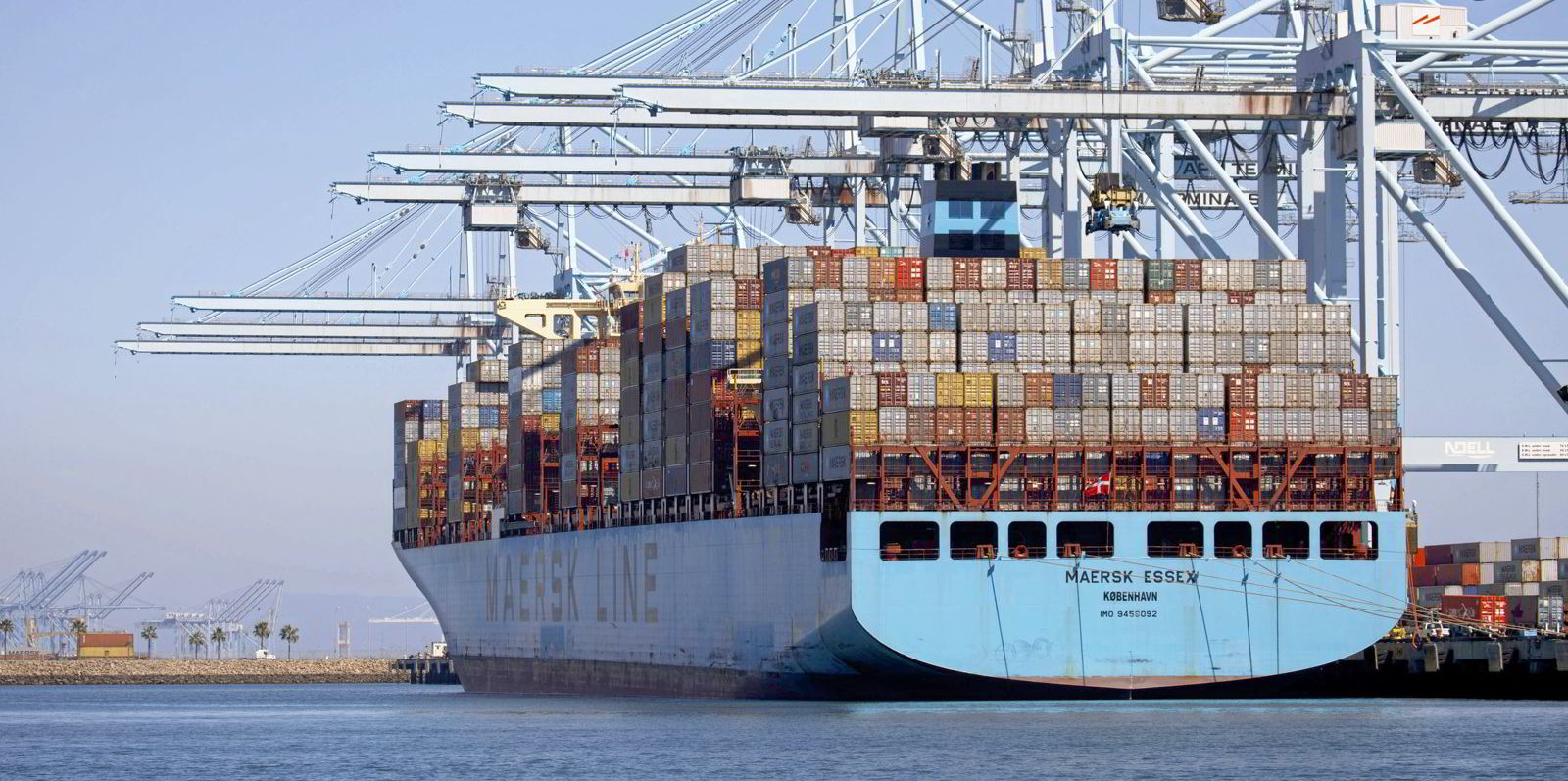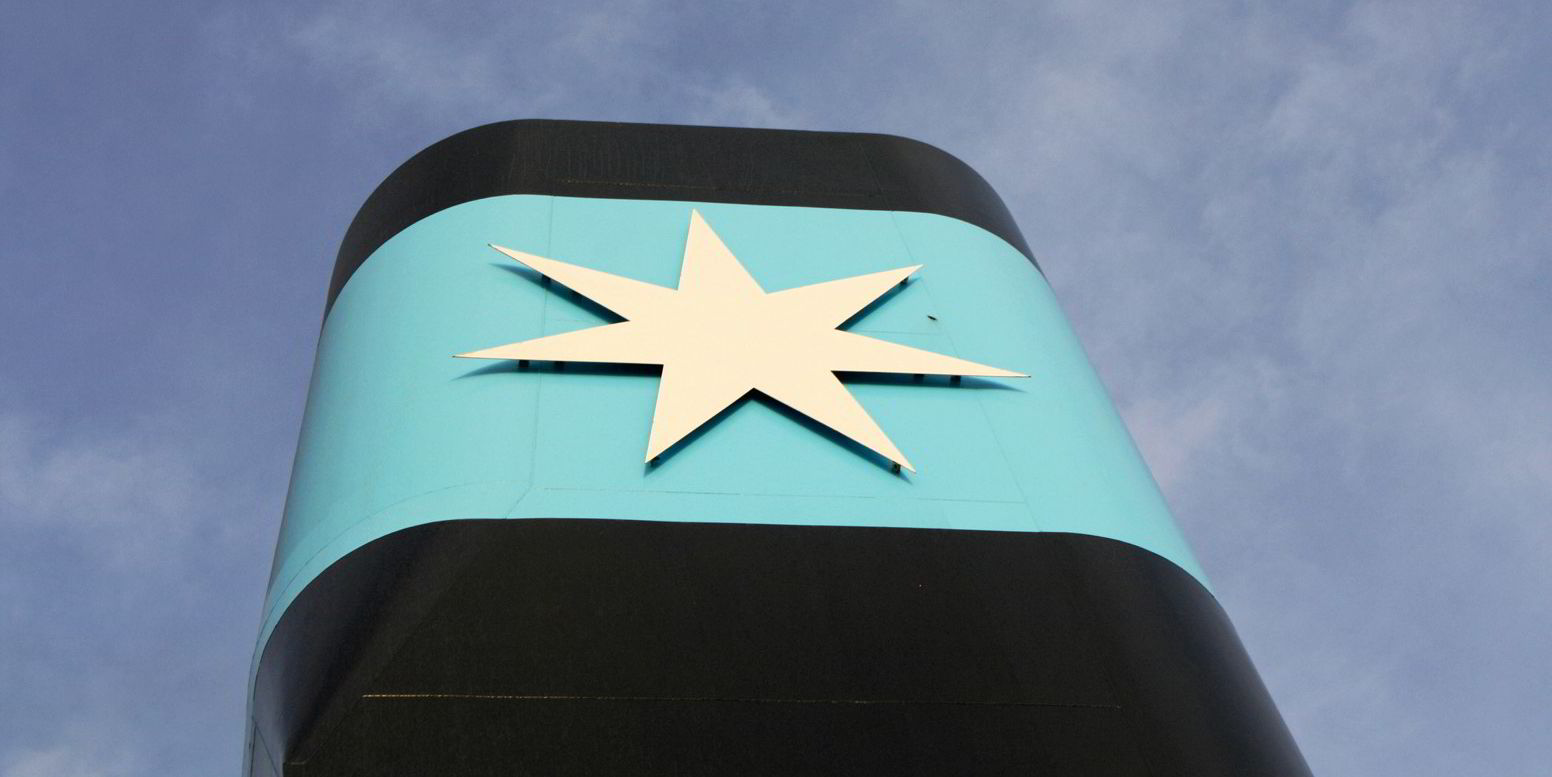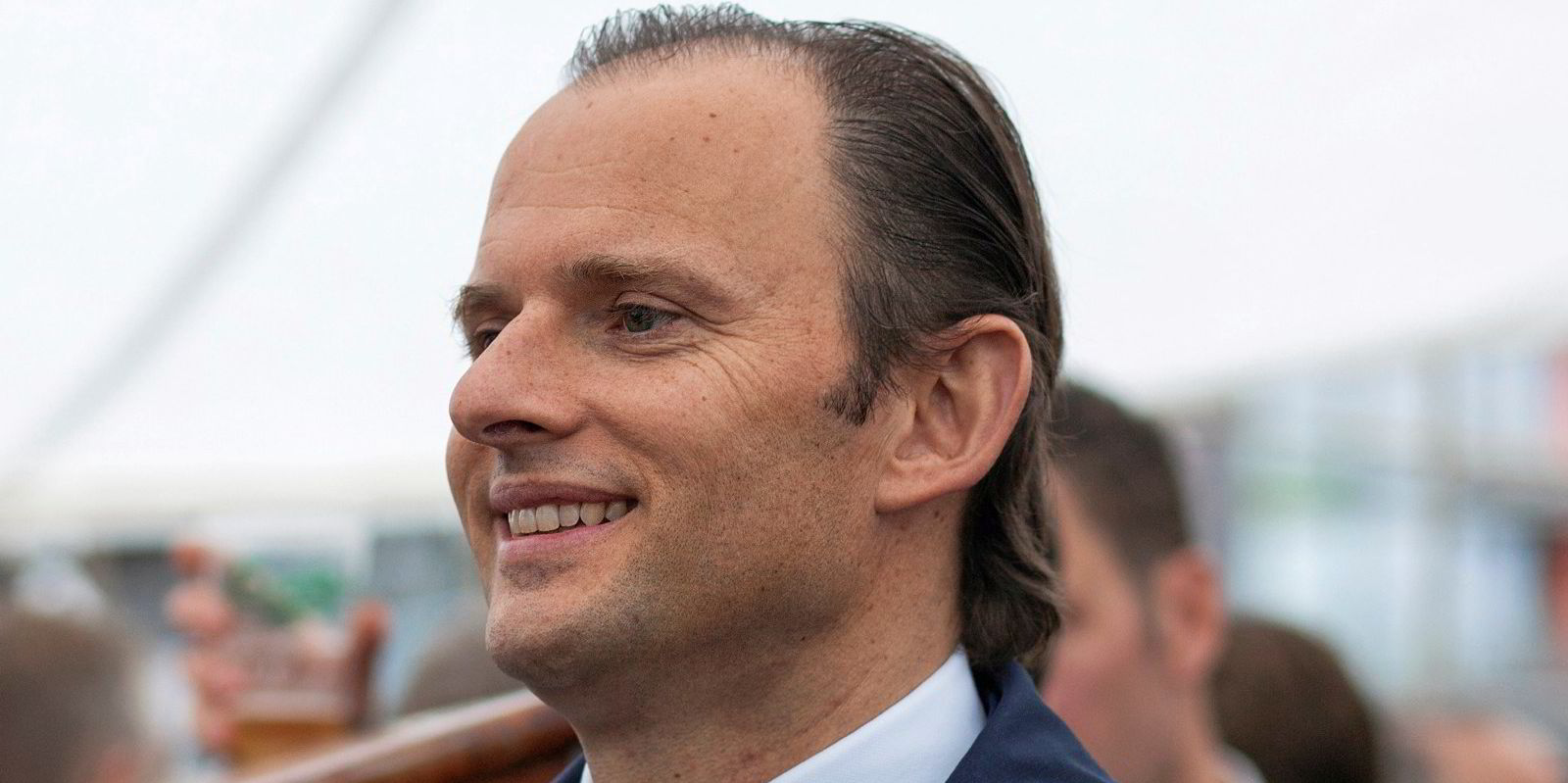Share buy-backs, dividend payments, debt repayment, more ships, initial public offerings, public-to-private moves, diversification into different tonnage areas.
Some or all of these strategies are being used by container and dry bulk operators who find themselves with more cash than they expected.
Danaos Corp of Greece underlined the cash bonanza this week when it reported first-half profits of $670m — exactly 10 times higher than the previous six months of 2020 — although the results were helped by some one-off gains.
The container shipping operations of nine of the leading publicly-traded liner operators saw aggregated operating income more than triple last year, according to figures from Alphaliner.
This is not a situation that comes around too often in the shipping industry but a market boom has burst out of Covid-19 disruption.
No one would accuse the world’s biggest liner operator, Maersk, of not being creative or bold
The most interesting trend is the latest strategy: companies moving into previously shunned areas of shipping activity.
Take Costamare, a leading and stalwart liner operator that has now built up a fleet of 37 dry bulk vessels. Or Singapore-based container ship operator OM Maritime, which concedes it may move into the small tanker sector.
The more traditional route for companies facing an excess of cash is to give it back to shareholders.
Buying back your own shares may look like a distraction or a paucity of imagination but it raises the value of the remaining equity.
No one would accuse the world’s biggest liner operator — Maersk — of not being creative or bold but it is in the middle of a $5bn share buy-back programme announced in May.
The Danish giant, which said this week that it could earn Ebitda profits as high as $19.5bn this year, is already completing an earlier $1.6bn purchase of its own stock.

Paying out dividends — or increased dividends — along with debt repayments are the most traditional route for companies to spend excess cash and reward investors. In shipping — due to the intense cyclicality of the industry — dividends are never guaranteed.
Danaos has just unveiled a $0.50-per-share payout for the second quarter — the same amount it provided in the first.
But, prior to this year, the Greek company had not paid a dividend for 13 years. Last month, it also spent $260m buying a further six smaller containerships while pushing for longer-term charters of up to five years for its 65 vessels.
It is not just the container sector. Oslo-based GoodBulk has just reported its best-ever quarterly results and has paid out a dividend of $1 per share to investors. This is up from a payout of $0.34 per share in the first quarter, handed out to reflect booming conditions in the capesize and panamax dry bulk trades.
Meanwhile, container operator Zim, which took advantage of optimism around the boxship sector to trade in January on the New York Stock Exchange, has just retired early $260m of debt.
Shares in the Idan Ofer-backed and Haifa-based company have tripled in value since the start of the year.
Well connected
While Zim tapped the New York stock market, well-connected bulk ship operator Taylor Maritime Investments did a rare initial public offering in London during May. The Buttery family-backed business has already worked on a second share offering to buy more vessels.
In the opposite direction goes containership owner Borealis Finance, which plans to delist from the Oslo Stock Exchange.
The company is paying off an outstanding $188m bond while the wider group is planning to set up an offshore business, Aurora.
That really is countercyclical thinking as the offshore support vessel sector has been through a torrid period after oil companies halted drilling last year amid a collapse in crude prices.
But a wave of free cash allows shipowners to think creatively and take some gambles.
However, most owners are just increasing the size of their ships and a few — Mediterranean Shipping Co, for instance — are putting aside some cash for the most important challenge of all: decarbonisation.
This summer holiday many shipowners will be in the unusual position of lying by the pool and thinking: “how do I spend it?”






